Introduction
Healthiest Dog Breeds for Longevity. Choosing a dog breed involves several considerations beyond looks or popularity. A long and healthy life for their dog is a top priority for many would-be dog owners.
Dog lifespans vary widely based on genetics, size, and general health. Consequently, a vital first step in offering a happy and long-lasting friendship is selecting one of the healthiest dog breeds for lifespan.
Table of Contents
Factors Affecting Dog Longevity
It is important to know the several aspects that affect a dog’s lifespan before getting too attached to a particular breed. Due to a breed’s propensity for particular illnesses that might shorten lifespans, genetics play a big part.
A dog’s lifetime can also be influenced by its size; smaller breeds usually live longer than larger types. A dog’s lifespan can also be influenced by lifestyle choices like nutrition, activity, and availability to veterinary treatment.
Characteristics of Long-Lived Dog Breeds
There are several traits that distinguish the dog breeds that are known for their lifespan from the healthiest dog breeds for longevity. Certain physical characteristics, such moderate stature, a robust frame, and well-proportioned bodies, are frequently possessed by these breeds.
They also have stable temperaments, which makes them adaptable to a variety of living situations. These breeds’ general longevity is also attributed to their decreased susceptibility to inherited health problems.
Healthiest Dog Breeds for Longevity
1. Australian Cattle Dog
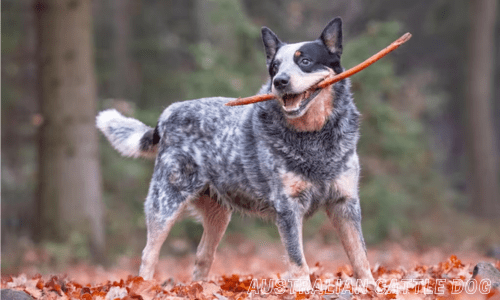
Description
Australian Cattle Dogs are medium-sized dogs with a sturdy build and a striking coat speckled in blue or red. They are well-known for their intelligence and athleticism.
Lifespan
Australian cattle dogs live 12 to 15 years on average.
Health Considerations
Australian cattle dogs are typically healthy, however they can get progressive retinal atrophy and hip dysplasia. However, such risks can be reduced with the use of appropriate breeding techniques.
2. Shiba Inu

Description
Shiba Inus are small to medium-sized canines that originated in Japan and are well-known for their lively temperament and fox-like appearance.
Lifespan
Shiba Inus usually have a lifespan of 12 to 15 years.
Health Considerations
Shiba Inus, despite their general good health, can be prone to eye disorders and patellar luxation. Regular health exams can assist in identifying and treating any possible problems at an early stage.
3. Miniature Schnauzer
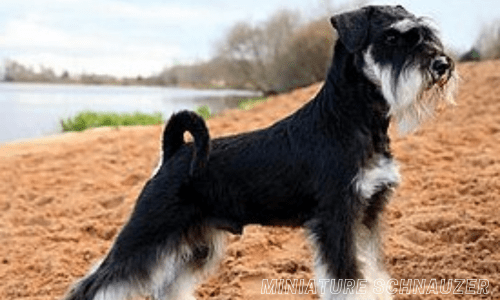
Description
Small-framed, bearded, and brow-raising dogs, miniature schnauzers are renowned for their alert and loving personalities.
Lifespan
The lifespan of a miniature schnauzer is approximately 12 to 15 years.
Health Considerations
Miniature Schnauzers are generally healthy, however they can be predisposed to specific genetic diseases like pancreatitis and kidney stones. Maintaining their general health can be aided by a nutritious diet and consistent exercise.
4. Chihuahua

Description
The smallest dog breed, chihuahuas are renowned for having brave and self-assured attitudes in spite of their diminutive size.
Lifespan
The average lifespan of a chihuahua is 12 to 20 years, while some live considerably longer.
Health Considerations
Chihuahuas can have luxating patellas, tracheal collapse, and dental problems despite their relatively lengthy lifespan. Weight control and routine dental care can help reduce these risks.
5. Dachshund
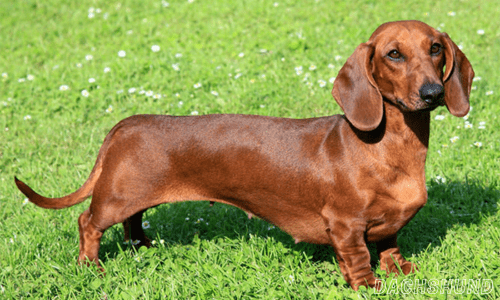
Description
Small dogs with elongated bodies and short legs, Dachshunds, often called wiener dogs, were originally developed for hunting.
Lifespan
The average lifespan of a dachshund is 12 to 16 years.
Health Considerations
Because of their longer spines, dachshunds may be more susceptible to intervertebral disc disease. This problem can be avoided by keeping a healthy weight and refraining from activities that put strain on the spine.
6. Pomeranian
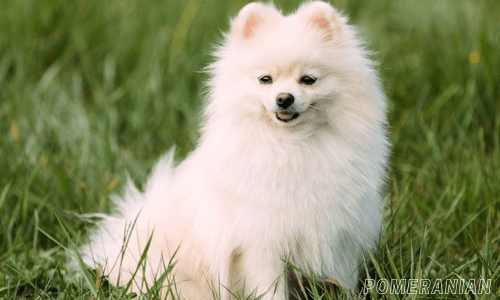
Description
Small, fluffy dogs with thick coats and exuberant personality are known as pomeranians.
Lifespan
The average lifespan of a Pomeranian is 12 to 16 years.
Health Considerations
Pomeranians can have dental issues, tracheal collapse, and patellar luxation, despite their general good health. Maintaining their overall health through consistent dental care and weight management is essential.
7. Border Terrier

Description
Small and spirited, Border Terriers are recognised for their wiry coat and amiable nature.
Lifespan
The average lifespan of a border terrier is 12–15 years.
Health Considerations
Border Terriers are generally healthy, they may be susceptible to some hereditary diseases such juvenile cataracts and hip dysplasia. Early detection and management of any possible problems can be facilitated by routine health checkups.
8. Jack Russell Terrier

Description
Small and athletic, Jack Russell Terriers are renowned for their intelligence and endless activity.
Lifespan
The average lifespan of a Jack Russell Terrier is 13 to 16.
Health Considerations
Even though they are usually healthy, Jack Russell Terriers might have specific inherited diseases such congenital deafness and patellar luxation. For their general wellbeing, regular exercise and mental stimulation are essential.
9. Poodle
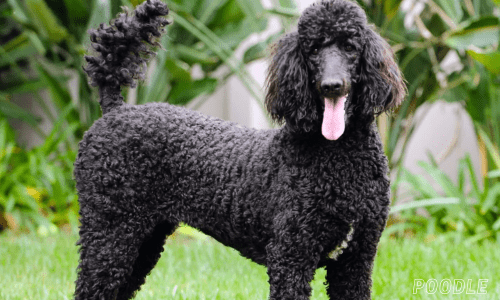
Description
Poodles are identified by their intelligence, hypoallergenic coat, and refined appearance. They are available in three sizes: standard, miniature, and toy.
Lifespan
The average lifespan of a poodle is 12 to 15 years.
Health Considerations
Poodles are typically healthy, however they can be predisposed to specific genetic disorders such progressive retinal atrophy and hip dysplasia. Maintaining their general health and well-being requires regular exercise and grooming.
10. Bichon Frise
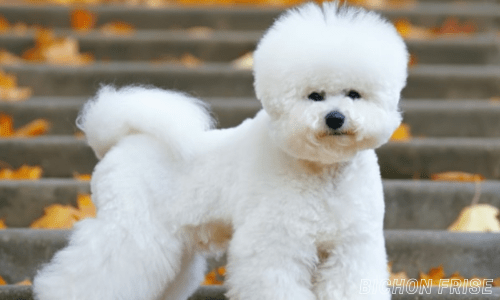
Description
Small and gregarious, Bichon Frises are recognised for their loving disposition and curly white coats.
Lifespan
The average lifespan of a Bichon Frise is 12 to 15 years.
Health Considerations
Bichon Frises are typically healthy dogs, but they can have some allergies and dental problems. A balanced diet and routine dental care can help reduce these risks.
11. Beagle

Description
Small to medium-sized Beagles are well-known for their floppy ears, excellent sense of scent, and amiable disposition.
Lifespan
A beagle’s lifespan usually ranges from 10 to 15.
Health Considerations
Beagles’ floppy ears may make them more susceptible to obesity and ear infections. These problems can be avoided with regular exercise and ear cleansing.
Care Tips for Longevity
Providing the best care possible is crucial to a dog’s longevity, regardless of breed. Good nutrition is essential since it can promote general health and vitality. A balanced diet that is specific to the age, size, and activity level of the dog is ideal.
Maintaining a healthy weight, building muscle, and enhancing cardiovascular health are all facilitated by regular exercise. Prearranging regular veterinary examinations also facilitates the early identification and treatment of possible health problems, which in turn prolongs and improves the dog’s life.
Selecting a long-lasting dog breed needs significant thought and investigation. Prospective dog owners might raise their chances of spending many years in companionship with their animal companion by choosing a breed recognised for its robust health and longevity.
But it’s important to keep in mind that ethical pet ownership includes more than just choosing a breed; it also includes giving your pet the right care, diet, and veterinarian treatment.
To ensure your dog stays healthy and lives a long life, make sure they get frequent exercise appropriate for their size and breed. Like people, dogs benefit from exercise to maintain a healthy weight, flexible joints, and powerful muscles.
Dogs require cerebral stimulation in addition to physical activity, which is why playing, walking, and hiking are all important for their wellbeing.
A dog’s health and lifespan are largely determined by their diet. It’s critical to provide a balanced meal that satisfies their age, size, and activity level-related nutritional needs.
A dog’s immune system, digestion, and general vigour can all be enhanced by feeding them high-quality dog food that is packed with vitamins, minerals, and other necessary elements.
To prevent obesity, which can cause a number of health problems and shorten your dog’s life, it’s critical to manage your dog’s weight and refrain from overfeeding them.
Maintaining your dog’s health and identifying any potential problems early on depend on routine veterinary examinations. In these visits, your veterinarian will examine your dog’s general health, give immunisations, screen for common ailments, and offer preventive care like parasite management.
Furthermore, a dog’s entire wellbeing is greatly impacted by oral health, which is sometimes disregarded. Regular brushing of your dog’s teeth with dental toys or treats will help maintain good oral hygiene and avoid dental disease.
Providing your dog with a secure and engaging home environment is crucial to their longevity. Their general happiness and well-being can be enhanced by making sure they always have access to clean water, a cosy place to rest, and toys or activities that keep their minds active.
Furthermore, early socialisation and training can help prevent behavioural problems and strengthen the link between you and your dog.
Conclusion
In conclusion, an essential first step in offering a happy and long-lasting companion is selecting a healthy dog breed with a reputation for longevity. You can choose a breed that fulfils your tastes and fits your lifestyle by taking into account variables like size, genetics, and general health.
All the same, it is crucial to keep in mind that ethical pet ownership involves more than just choosing a breed; it also entails being committed to giving your dog the right kind of upbringing, including exercise, diet, and medical care. A long, happy, and healthy life as a valued member of your family can be guaranteed for your dog with love, care, and attention.
FAQs
1. What factors should I consider when choosing a dog breed for longevity?
It is important to take into consideration factors including genetics, size, temperament, and propensity for health problems. Your dog’s chances of living a long and healthy life can be increased by choosing a breed recognised for its strong health and longevity.
2. Which dog breeds are known for their longevity?
Numerous dog breeds, such as Australian Cattle Dogs, Shiba Inus, Miniature Schnauzers, Chihuahuas, Dachshunds, Pomeranians, Border Terriers, Jack Russell Terriers, Poodles, Bichon Frises, and Beagles, are renowned for their long lifespans. In comparison to other breeds, these usually have longer lifespans and fewer inherited health problems.
3. Are smaller dog breeds generally healthier and live longer?
Yes, in a lot of situations. Generally speaking, smaller dog breeds live longer than larger dogs. But this can change based on things like heredity, way of life, and general medical care.
4. How can I ensure my dog lives a long and healthy life?
Your dog will live a longer life if you provide him a healthy diet, frequent exercise, appropriate veterinary care, mental stimulation, and a secure environment. A longer and healthier life for your dog can also be achieved by keeping a healthy weight, avoiding obesity, and taking quick care of any health problems.
5. What are some common health issues in dogs that can affect their longevity?
Hip dysplasia, progressive retinal atrophy, dental disease, obesity, diabetes, arthritis, and cancer are common health conditions that can shorten a dog’s life. certain hazards can be reduced by selecting a breed that is less susceptible to certain ailments and by giving preventive treatment.
6. How often should I take my dog to the veterinarian for check-ups?
A veterinarian should typically examine pets for wellbeing once a year. It could be necessary to pay more regular visits to older or sicker dogs, though. The lifetime of your dog is ultimately enhanced by routine veterinary check-ups, which enable the early detection and treatment of any health issues.
7. What role does nutrition play in a dog's longevity?
A dog’s general health and lifespan are greatly influenced by their diet. It is possible to strengthen an individual’s immune system, encourage healthy digestion, and enhance their general vitality by offering them a balanced diet that is tailored to their age, size, and level of exercise. To ensure optimum health, feed your dog high-quality food that is free of artificial additives and fillers.
8. Should I consider adopting a mixed-breed dog for longevity?
Since mixed-breed dogs frequently have a more varied genetic background than purebred dogs, they may be less likely to inherit certain health conditions. Getting a mixed-breed dog from a shelter or rescue group can be a fulfilling experience that will provide you a devoted friend who might live a long and healthy life.
Related Articles

Shielding Homes: The Vital Roles of Protective Dog Breeds

“Unveiling the Charm: Top 05 Friendliest Dog Breeds Revealed”

“The Ultimate Guide to Fastest Dog Breeds for Running”

08 Adorable Fluffy Dog Breeds That Will Melt Your Heart

“Faithful Companions: Discovering the Most Loyal Dog Breeds”

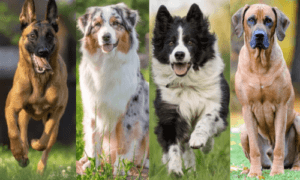
10+ Strong and Powerful Dog Breeds for Active People
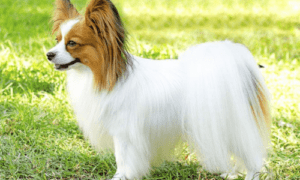
The 10 Cutest Small Dog Breeds that Fit in Your Bag

5 Most Popular Dog Breeds in America Today

Top 10 Dog Breeds for Emotional Support and Therapy
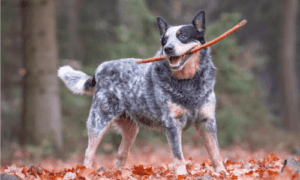
11 Healthiest Dog Breeds That Live the Longest
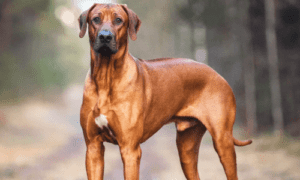
Top 15 Guard dog breeds for home protection

15 Hypoallergenic Dog Breeds That Won’t Make You Sneeze


The Best 12 Dog Breeds for First-Time Owners
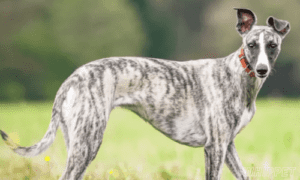
Low-Maintenance Dog Breeds That Are Easy to Care For

Top 10 Family-Friendly Dog Breeds for Kids

Ultimate Guide to Choosing a Small Dog Breed for Your Apartment
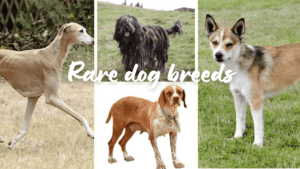


This service is perfect for boosting your local business’ visibility on the map in a specific location.
We provide Google Maps listing management, optimization, and promotion services that cover everything needed to rank in the Google 3-Pack.
More info:
https://www.speed-seo.net/ranking-in-the-maps-means-sales/
Thanks and Regards
Mike Martin
PS: Want a ONE-TIME comprehensive local plan that covers everything?
https://www.speed-seo.net/product/local-seo-bundle/
Надежный ремонт с гарантией качества
Авторемонт иномарок http://www.tokyogarage.ru.